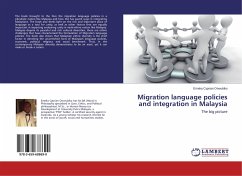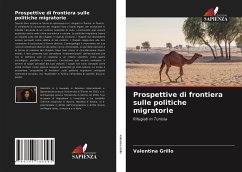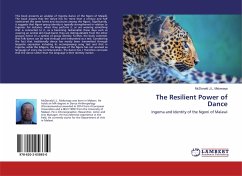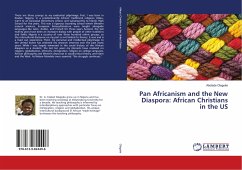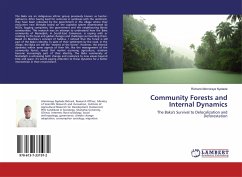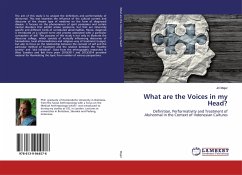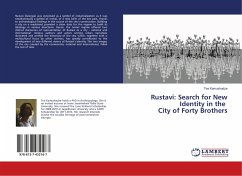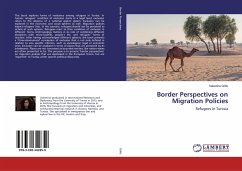
Border Perspectives on Migration Policies
Refugees in Tunisia
Versandkostenfrei!
Versandfertig in 6-10 Tagen
51,99 €
inkl. MwSt.

PAYBACK Punkte
26 °P sammeln!
This book explores forms of resistance among refugees in Tunisia. In Tunisia, refugees' condition of exclusion starts at a legal level: exclusion refers to the absence of a national asylum system. Exclusion can be explored in the economic and social spheres as well. Migration policies impact refugees' lives. In this scenario, refugees should not be perceived as victims of such systems. Refugees react to their condition of exclusion in different forms. Anthropology matters in its role of combining different disciplines with micro-realities, people's life, and refugees' forms of reaction. After ...
This book explores forms of resistance among refugees in Tunisia. In Tunisia, refugees' condition of exclusion starts at a legal level: exclusion refers to the absence of a national asylum system. Exclusion can be explored in the economic and social spheres as well. Migration policies impact refugees' lives. In this scenario, refugees should not be perceived as victims of such systems. Refugees react to their condition of exclusion in different forms. Anthropology matters in its role of combining different disciplines with micro-realities, people's life, and refugees' forms of reaction. After having acknowledged different spheres, the book presents a 'three-dimensional' conception of exclusion that is not only defined in relation to one specific criterion, such as sociological, legal or economic ones. Exclusion can be analysed in terms of places that are perceived by its inhabitants. Places are not conceived as bounded entities, like nation-states are often presented to be. The purpose is to present 'border perspectives' on migration policies that are developed in the European Union, but are 'exported' to Tunisia under specific political discourses.



